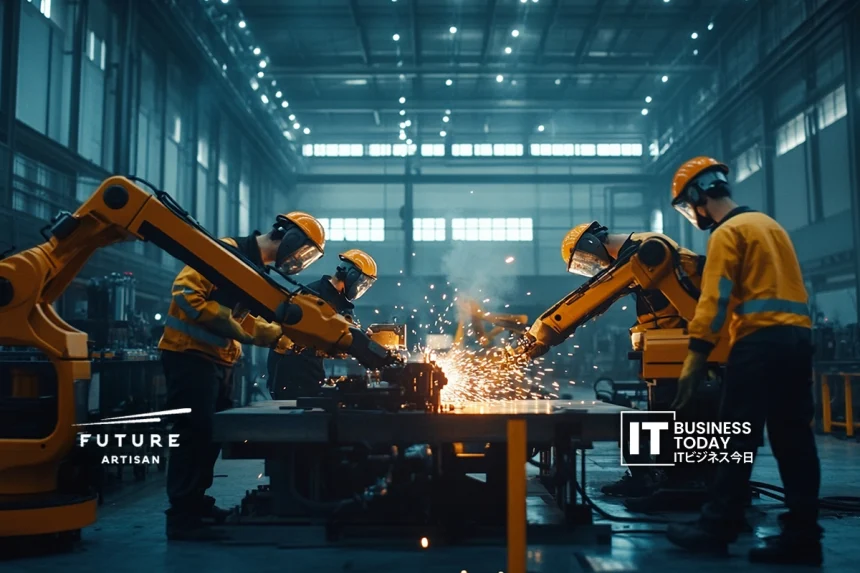株式会社フューチャーアーティザン.株式会社日立製作所(執行役社長:中西 宏明)は、GHG(温室効果ガス)排出量の見える化・管理を支援するクラウドプラットフォーム「Kkuon(クオン)」の機能を拡充し、製品単位での排出量算出に対応した最新バージョンの提供を開始しました。今回のバージョンアップにより、サプライチェーンからの製品単位の排出量開示要請に対して、より正確なデータで迅速に対応することが可能となります。.
また、Scope1(企業の直接排出量)、Scope2(購入電力などの間接排出量)の算定に特化した基本機能を無償で提供することで、企業やサプライヤーが早い段階から無理なく脱炭素化に取り組み、国際市場での競争力強化や新たな取引機会の創出、企業価値の向上につながるよう支援します。
背景排出量管理に粒度が求められる時代
欧州のバッテリー規制やカーボンボーダー調整メカニズム(CBAM)の導入、主要取引先からのサプライチェーン排出量開示要求の厳格化など、製造業を取り巻く国際的な脱炭素規制・要求は急速に強まっています。これらの動向は、企業の国際競争力やサプライチェーンへの参入資格に直結しており、対応の遅れはビジネス機会の損失や市場撤退のリスクにつながりかねず、喫緊の経営課題となっています。このような背景から、企業にはScope1、2だけでなく、サプライチェーン全体(Scope3)を含めたバリューチェーン全体の「見える化」とGHG排出量の開示・削減が求められています。.
こちらもお読みください: リトマスとパナソニック、スマート・マニュファクチャリングで協業
特に製造業では、事業継続や調達の要件として、製品単位でのCO₂排出情報の開示を求められるケースが増えています。これはもはや単なる環境対策ではなく、グローバル市場で生き残るための生命線になりつつあります。そのため、開発、調達、営業など部門を超えた全社的な対応が不可欠です。しかし、脱炭素経営の必要性を認識しながらも、実際の運用段階では多くの企業が以下のような共通の課題に直面しています。
サプライヤーからの排出量データ収集の難しさ
様々なフォーマットのあるエクセルでデータを集計し、報告するのは大変な時間と労力を要します。
個々のスタッフへの依存や部門間の分断により生じる非効率性
また、取引先からの開示要請に迅速に対応できないケースもあります。その結果、脱炭素化への取り組みが「戦略的経営」ではなく「対応業務」にとどまってしまうリスクがあります。.
ソース PRタイムズ








